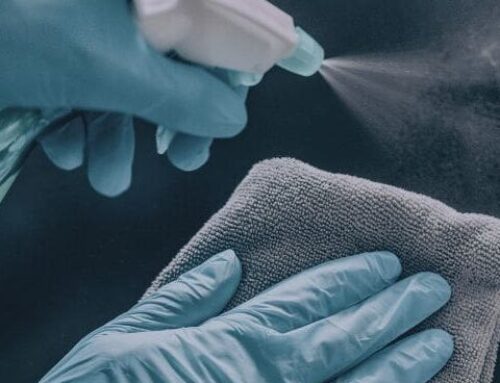September 2017
In the United States different quality management regulations apply, depending on the type of product and whether it is being tested or manufactured.
These standards are often abbreviated “GxP”, where the “x” denotes the applicable “Good Practice” quality standard.
Good Manufacturing Practices (GMP) ensure drugs and medical devices are safe for public use. Good Clinical Practices (GCP) regulate trials of drugs and medical devices on human subjects. Good Laboratory Practices (GLP) apply to pre-clinical tests of drugs, devices, and antimicrobial pesticides (disinfectants) that are intended to support applications for research or marketing permits from EPA or FDA.
Cosmetic products are not federally required to be tested in accordance with GLP or GCP standards, nor manufactured in compliance with GMPs. However, most cosmetic companies incorporate critical elements of these standards into testing and production.
EPA and FDA have the authority to enforce compliance with GxP regulations for medical devices and drugs. These agencies actively audit labs to ensure the integrity of data, products, and the safety of clinical study subjects.
In addition to compliance with EPA and FDA GxP regulations, many labs also carry third-party accreditations. For example, Microchem Laboratory was inspected by EPA in November of 2016 and passed re-inspection for compliance to the independent ISO 17025 standard in March 2017.




